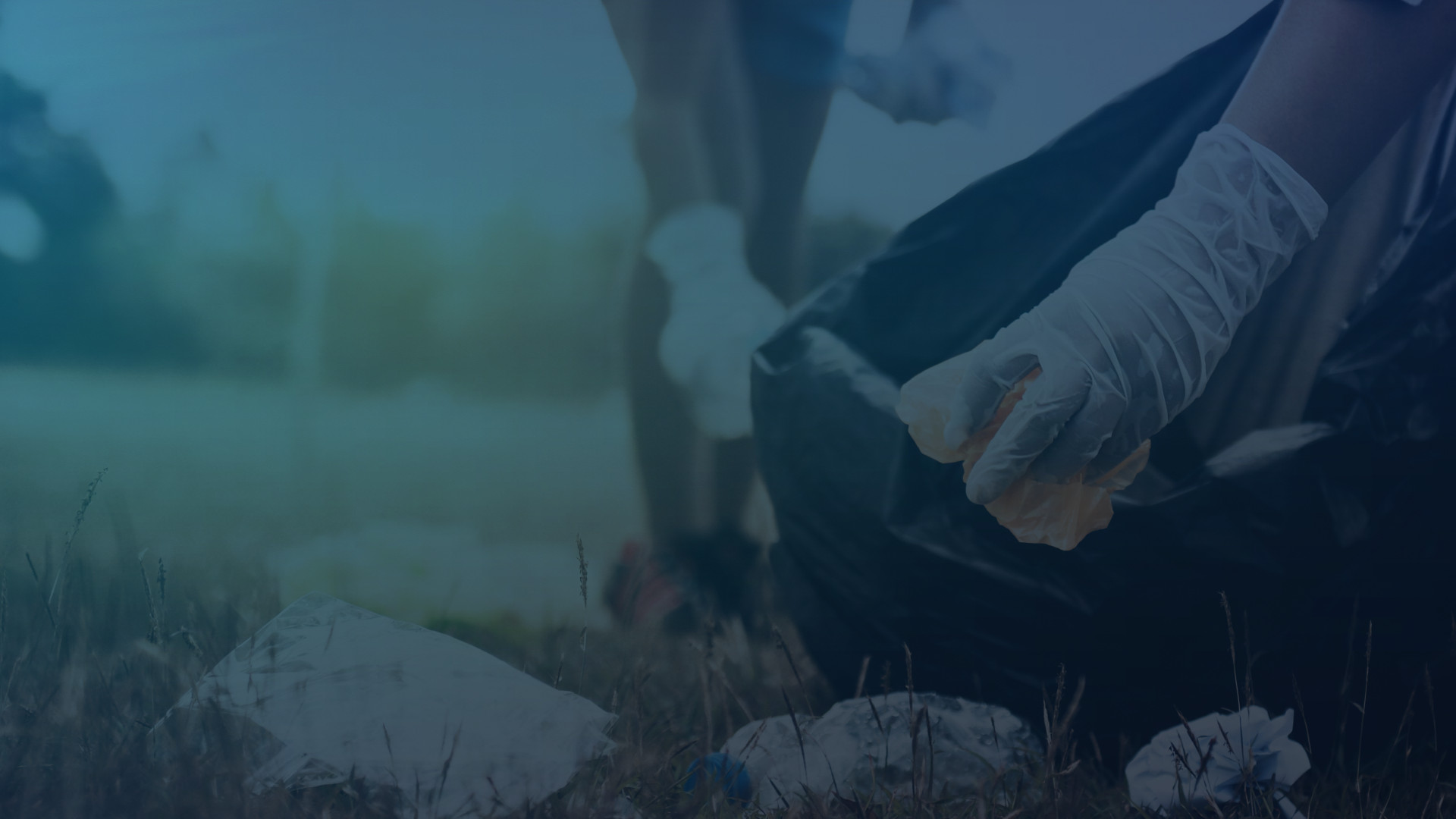Intro | 1 | 2 | 3 | 4 | 5 | 6 | 7 | 8 | 9 | 10 | 11 | 12 | 13 | 14
15 | 16 | 17 | 18 | 19 | 20 | 21 | 22 | 23 | 24 | 25 | 26
As Muslims, the same way we are instructed to keep our bodies, homes, and clothing clean, we are also expected to maintain cleanliness of the streets, with the aim of protecting the passer-by from any potential harm.
Modern day research has proven that excessive littering generates bacteria, which subsequently increases the likelihood of human beings contracting various illnesses. [1]
The deed Allah appreciates
Over a thousand years ago, before the advancement of research and technology, the Prophet (ﷺ) advised us to take calculated steps towards the mitigation of littering.
It is reported that the Prophet (ﷺ) said,
بَيْنَمَا رَجُلٌ يَمْشِي بِطَرِيقٍ وَجَدَ غُصْنَ شَوْكٍ عَلَى الطَّرِيقِ فَأَخَذَهُ فَشَكَرَ اللَّهُ لَهُ فَغَفَرَ لَهُ
“While a man was walking in the road, he found a thorny branch, and he moved it aside. Allah appreciated his deed and forgave him.” [2]
This report illustrates that the removal of harmful objects from the path is a direct way of earning Allah’s appreciation and forgiveness.
Imagine standing before Allah on the Day of Judgment – a day where every person will helplessly rely upon his good actions – and you come to realise that the regular removal of litter was the primary reason for having received Allah’s forgiveness!
One of the earlier scholars, Ibn Battal, cited a thought-provoking commentary of the aforementioned report:
إماطة الأذى وكل ما يؤذى الناس في الطرق مأجور عليه، وفيه: أن قليل الأجر قد يغفر الله به كثير الذنوب
“The removal of potential harm and other objects, which may endanger others, is something human beings are rewarded for. Also, although the deed may have little reward, through it, Allah forgives numerous sins.” [3]
Action plan
As we long to have our sins forgiven, and rewards multiplied in this noble month, let’s aim to seek that very outcome through the removal of litter. Why not try the following?
- Take part in communal projects where litter removal is carried out;
- Make an effort to remove anything from the path, which may cause harm.
Coming up
As we contribute to making our communities cleaner and safer, let us not forget about Part 10 of the series.
Tomorrow’s piece will cover the benefits of giving up possessions. Do you sometimes feel that your possessions serve as a distraction from achieving your goals? If so, the next article will hopefully be of benefit to you!
Intro | 1 | 2 | 3 | 4 | 5 | 6 | 7 | 8 | 9 | 10 | 11 | 12 | 13 | 14
15 | 16 | 17 | 18 | 19 | 20 | 21 | 22 | 23 | 24 | 25 | 26
Source: Islam21c
Notes
[1] al-Khatib, I.A., Arafat, H.A., Daoud, R. and Shwahneh, H., 2009. Enhanced solid waste management by understanding the effects of gender, income, marital status, and religious convictions on attitudes and practices related to street littering in Nablus–Palestinian territory. Waste management, 29(1), pp.449-455
[2] Ṣaḥīḥ al-Bukhārī 2,340; Ṣaḥīḥ Muslim 1,914
[3] Sharh Ṣaḥīḥ al-Bukhārī, Ibn Battal: 6/ 600









